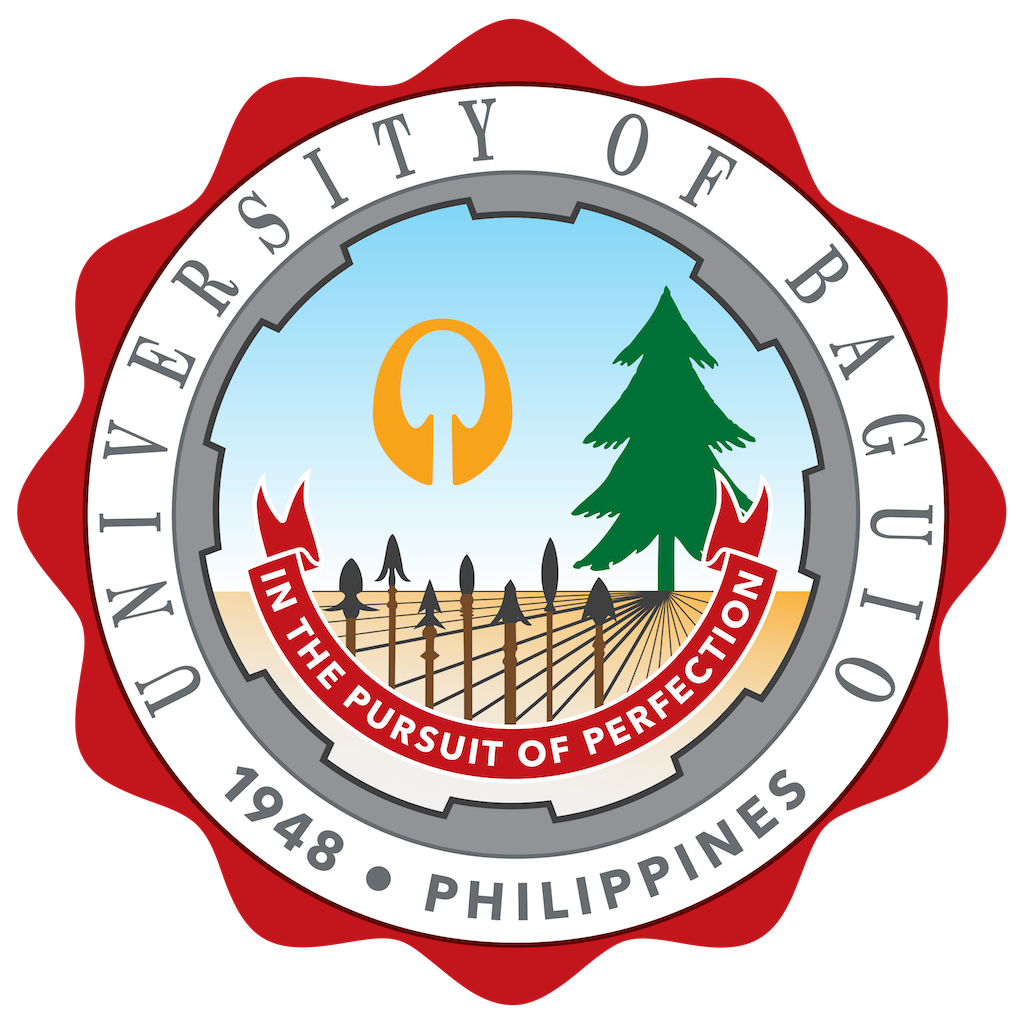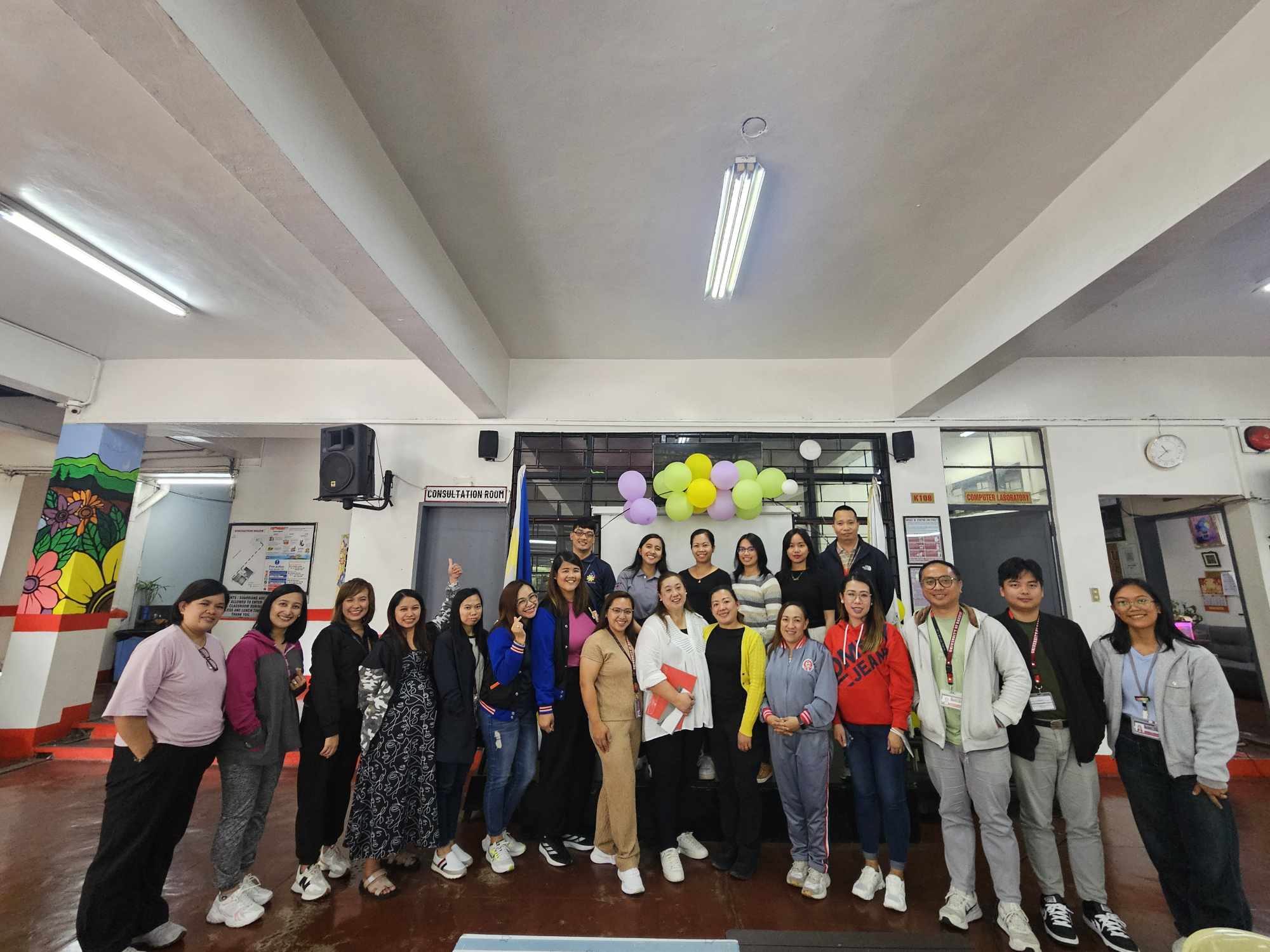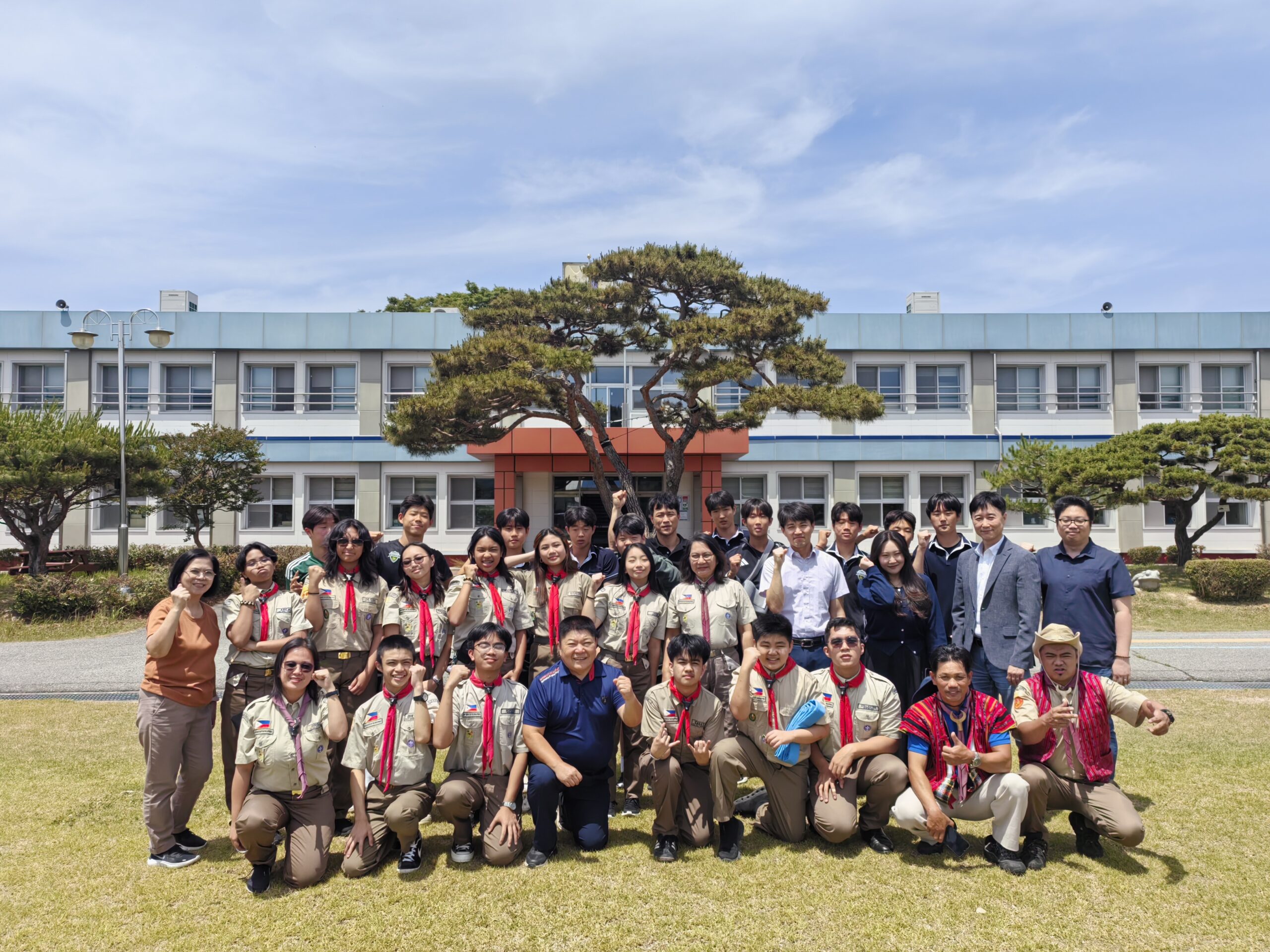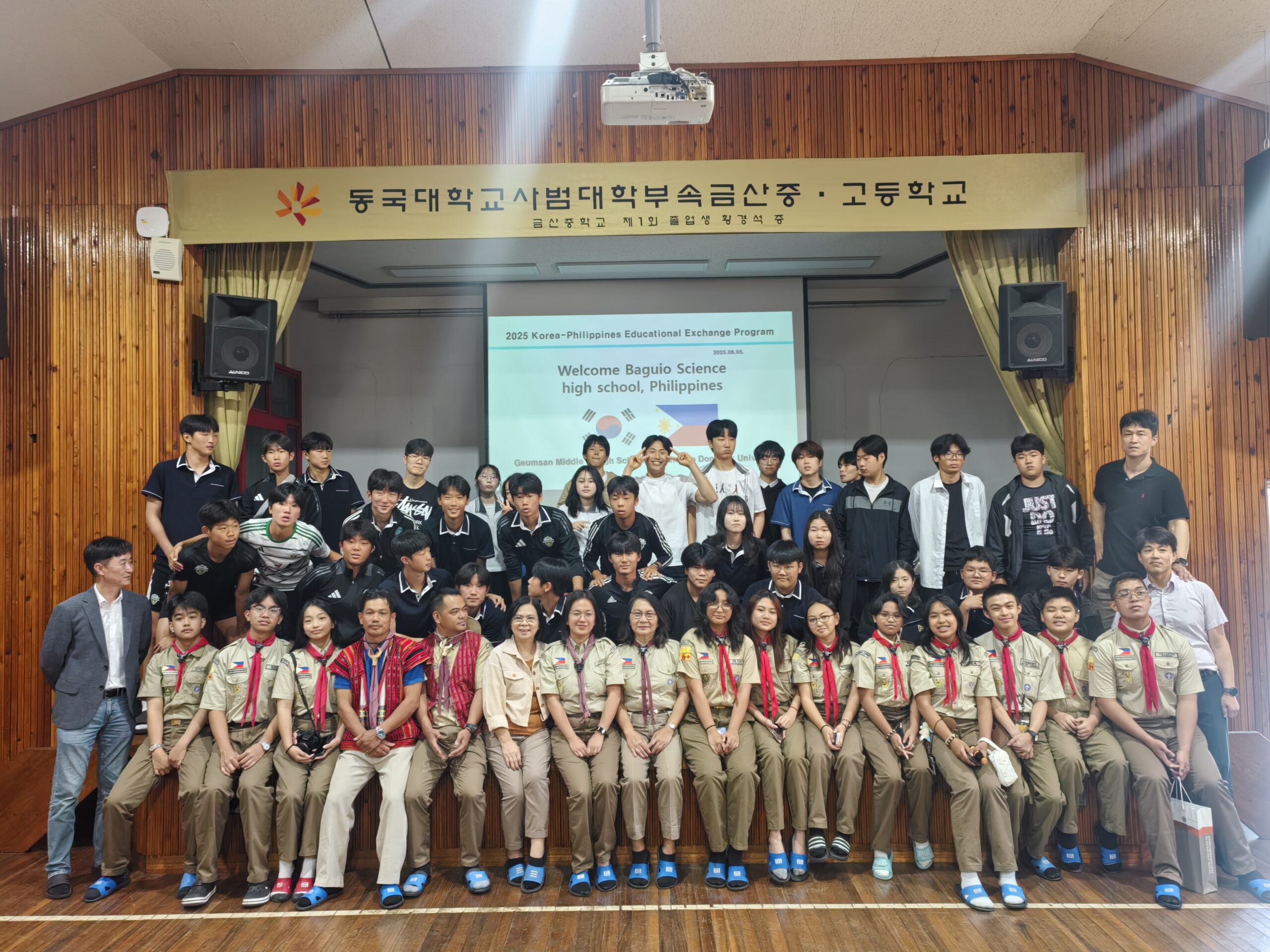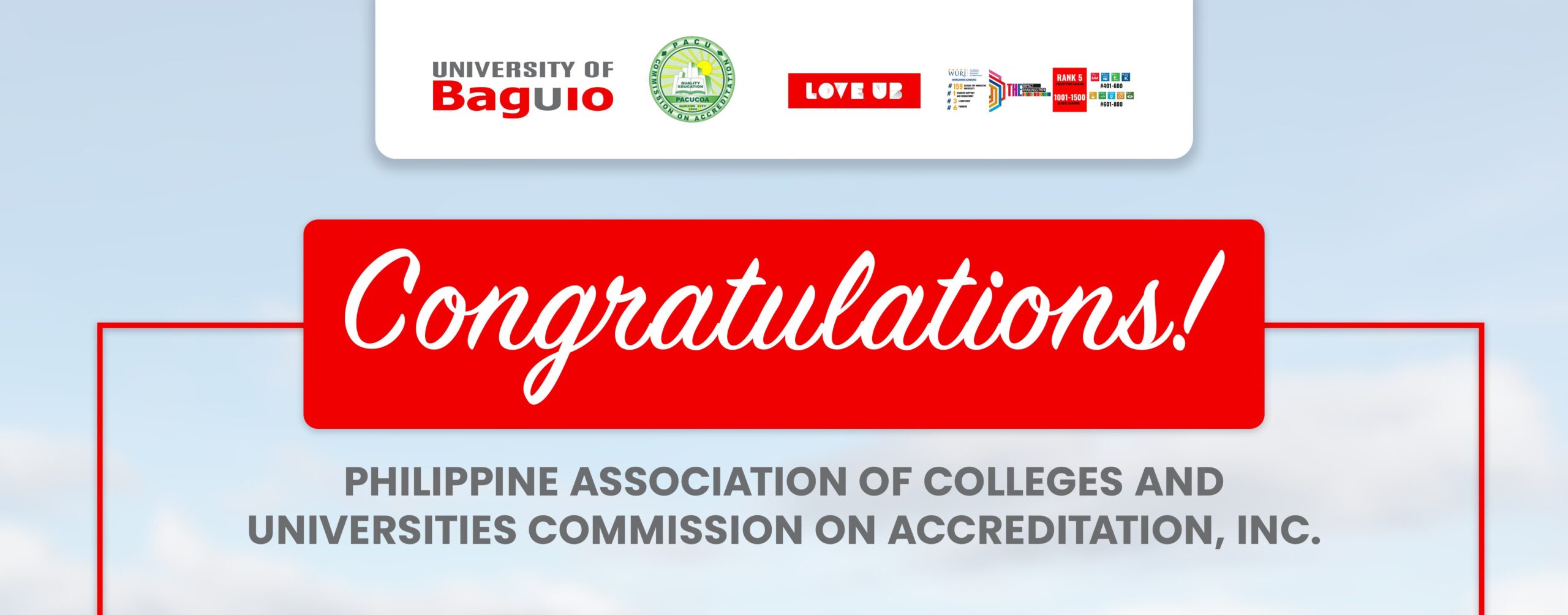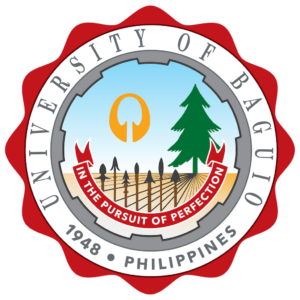In a significant stride towards modernizing education, a comprehensive In-Service Training program was recently conducted at University of Baguio Laboratory Elementary School (UBLES) last August 5-7, 2024, focusing on the introduction and implementation of the Matatag Curriculum. The training brought together the faculty from various disciplines to explore the curriculum’s transformative potential, alongside practical sessions on instructional planning and effective school management.
Matatag Curriculum: A Forward-Thinking Approach
The Matatag Curriculum, presented by Mrs. Alicia D. Rivera and Mrs. Diana Lyn Tamayo, was a focal point of the training. Described as a pivotal shift in the educational landscape, this new curriculum is designed to prepare students for the demands of a rapidly changing world. Emphasizing holistic development, the Matatag Curriculum integrates life skills, emotional intelligence, and ethical values alongside traditional academic subjects.
This approach aims to cultivate well-rounded individuals who are not only intellectually competent, but also socially and emotionally balanced. One of the curriculum’s standout features is its learner-centered design, which recognizes the uniqueness of each student. By allowing educators to tailor their teaching strategies to meet diverse learning needs, the Matatag Curriculum is expected to enhance student engagement and academic performance.
Practical Sessions on Instructional Planning
A critical component of the training was the session on effective instructional planning, led by Mrs. Adelaine Casis, Ms. Jennyrose Nisperos, and Mrs. Jemmabel Santiago. The presenters emphasized the importance of a well-structured instructional plan as a roadmap for effective teaching and learning. They provided educators with practical tools and templates to enhance lesson planning processes, ensuring alignment with curriculum standards and learning outcomes. The session featured examples of instructional plans and the salient parts which are tailored for different grade levels, showcasing how these plans can be adapted to meet the developmental needs of students.
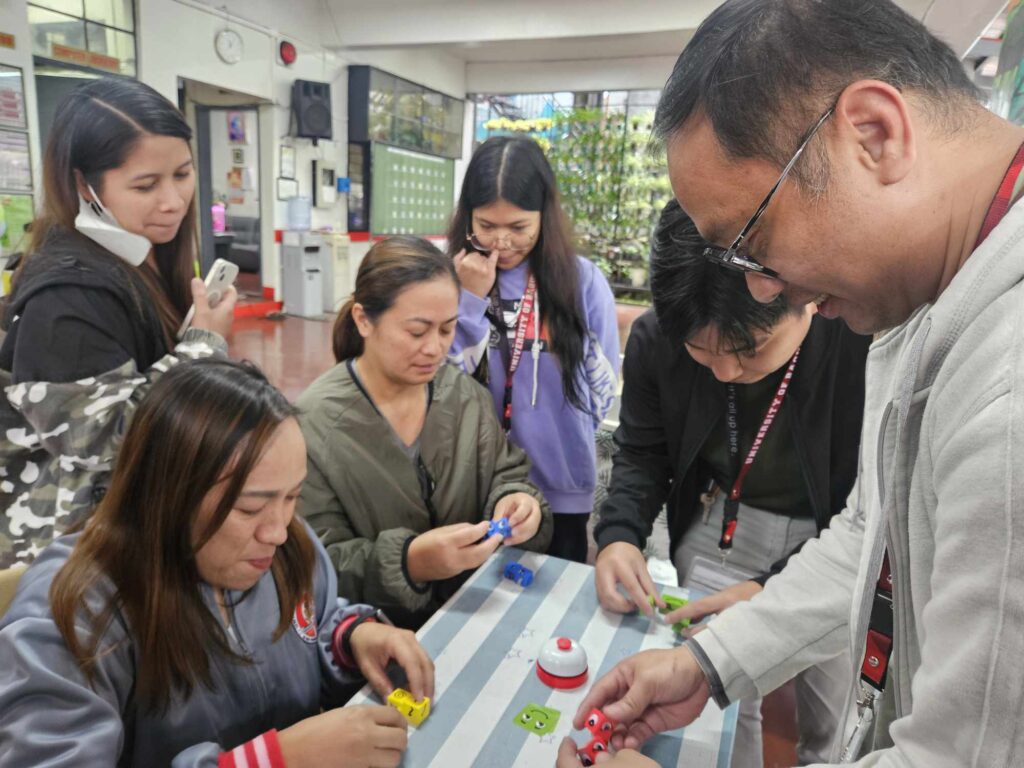

Insights from the National Physical Education Convention
Adding to the rich discussions, Mrs. Maybelle Ticse and Mr. Aladin Callejo shared their experiences from the 2024 National Physical Education Convention in Palawan. They highlighted innovative approaches to Physical Education (PE) that integrate student wellness with physical activity, mental health, and social skills development. The use of adaptive sports and technology in PE was particularly noted as a means to engage students more effectively and create personalized learning experiences.
Focus on Special Needs Education
A vital segment of the training was dedicated to strategies for teaching students with special needs. Mrs. Grace Duenas led this discussion, emphasizing the importance of personalized support within an inclusive environment. Selected teachers and Grade Level Coordinators shared innovative strategies, including differentiated instruction and the use of assistive technology, to better accommodate the diverse learning styles of all students.
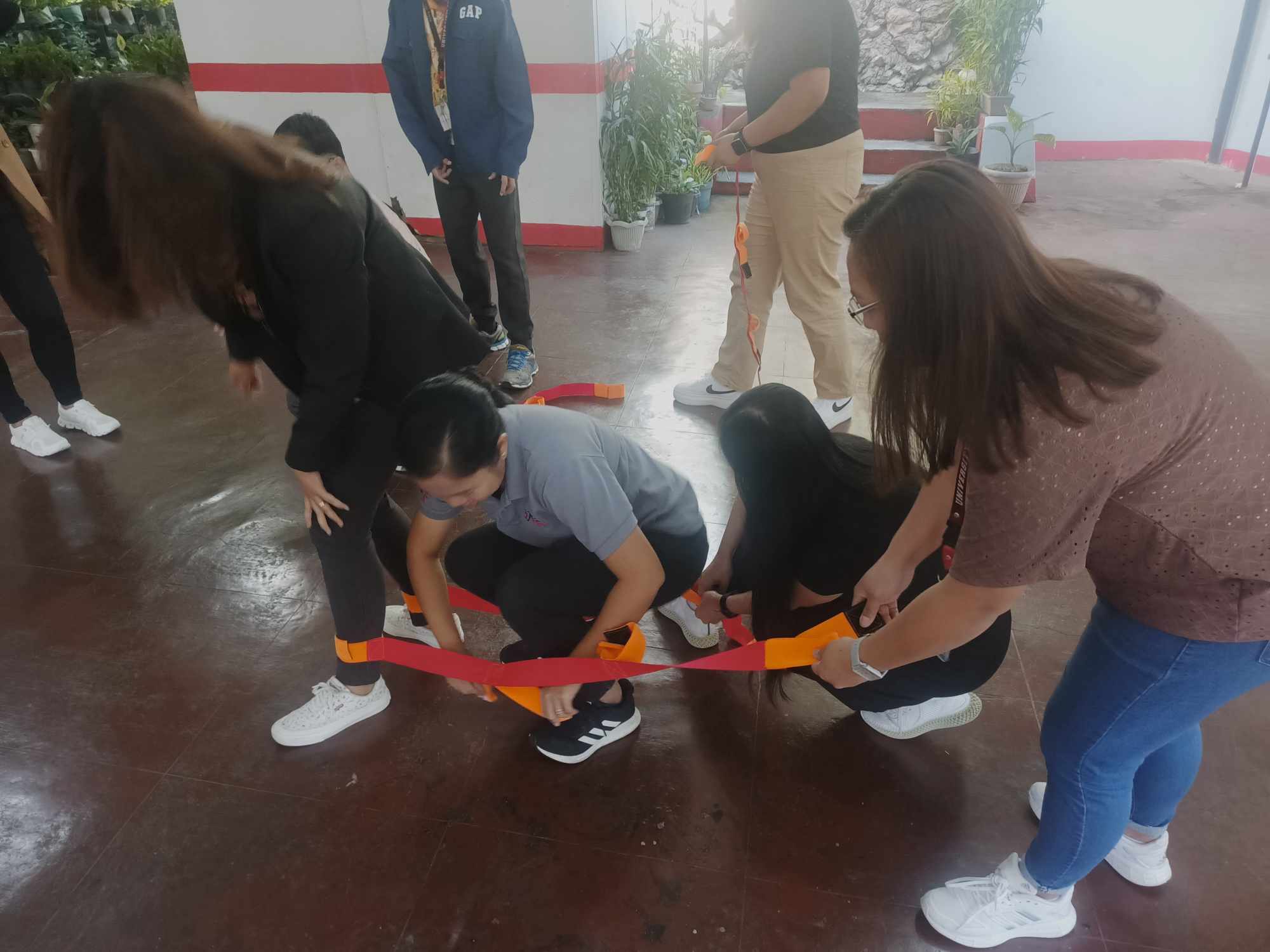
Coaching Sessions on School Management
The training also featured coaching sessions on various aspects of school management, led by the Assistant Principal and other experienced educators of UBLES. These sessions covered topics such as academic policies, activity implementation, teaching methodologies, assessment practices, classroom management, and documentation requirements. Each session provided teachers with clear, actionable guidance to enhance their professional practices and ensure consistency across the school’s academic framework.
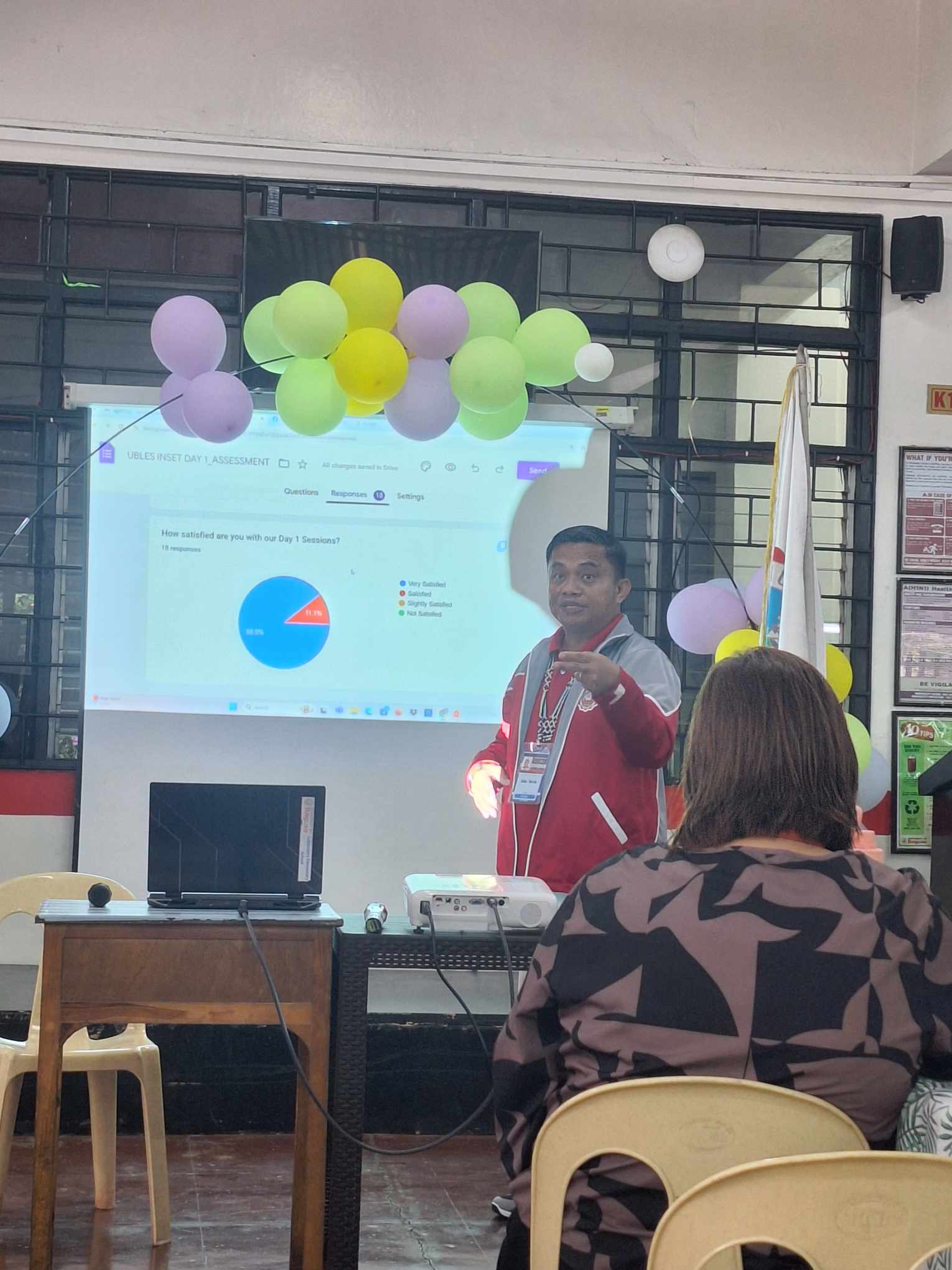
The In-Service Training successfully equipped educators with the knowledge and skills necessary to implement the Matatag Curriculum and improve teaching practices within the school. Moving forward, the training emphasized the need for ongoing professional development, collaborative planning, and continuous assessment to ensure the curriculum’s goals are met. With these foundations in place, the school is poised to nurture a generation of learners who are resilient, adaptable, and capable of thriving in a dynamic world.
